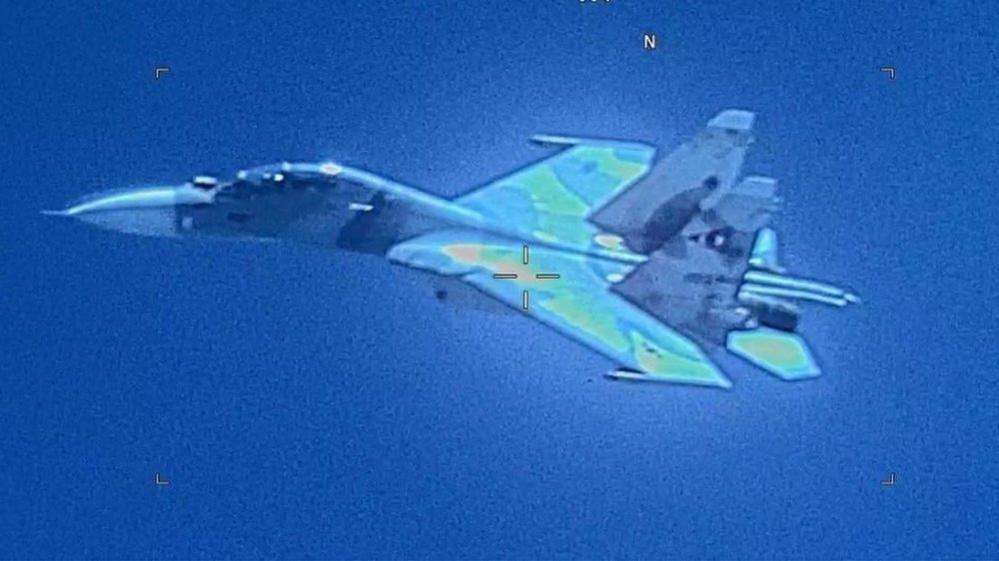Venezuela and El Salvador in tit-for-tat diplomatic expulsions
- Published
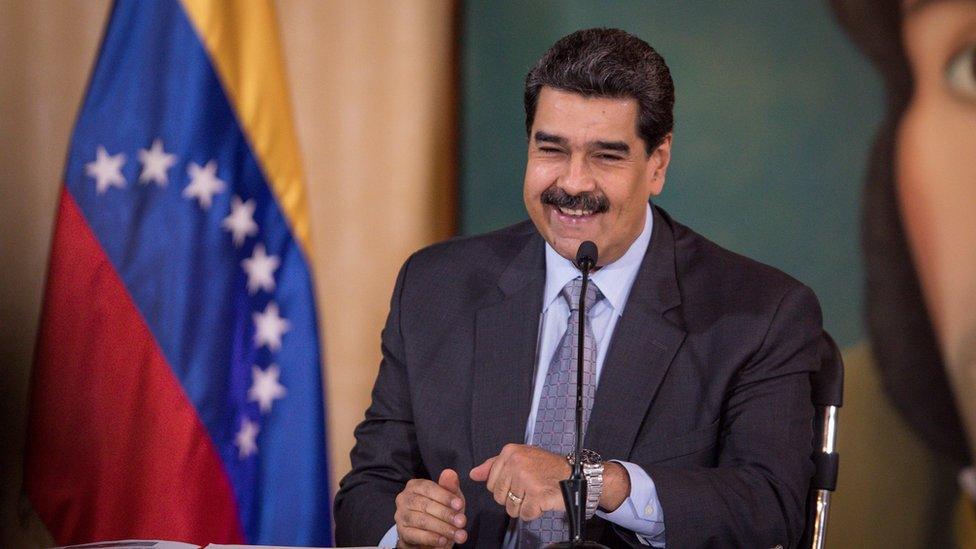
The Venezuelan government accused El Salvador of being a "pawn" in US foreign policy
Venezuela has expelled El Salvador's diplomats in a tit-for-tat response after El Salvador on Saturday told Venezuelan diplomats to leave.
The Salvadoreans have 48 hours to leave the country.
El Salvador's government does not recognise Venezuelan President Nicolás Maduro as legitimate.
It said it would receive a new Venezuelan diplomatic team that represented the country's opposition leader Juan Guaidó.
Mr Maduro and Mr Guaidó, leader of the opposition-controlled National Assembly, are embroiled in a power struggle.
Mr Guaidó declared himself interim president in January, saying that the elections which brought Mr Maduro to power for a second term were fraudulent.
In a statement, the Venezuelan authorities accused El Salvador of "breathing oxygen into the failing US strategy of intervention and economic blockade against the people of Venezuela".
El Salvador's president Nayib Bukele was "assuming the sad role of a pawn in US foreign policy", the statement said.
Announcing its own expulsions on Saturday, El Salvador said that it "recognises the legitimacy of the incumbent president, Juan Guaidó" until free elections are held in accordance with the Constitution of Venezuela.
The US Ambassador to El Salvador, Ronald Johnson, welcomed the announcement.
In a tweet, Mr Johnson said El Salvador was "on the right side" of the Venezuela crisis, external.
Allow X content?
This article contains content provided by X. We ask for your permission before anything is loaded, as they may be using cookies and other technologies. You may want to read X’s cookie policy, external and privacy policy, external before accepting. To view this content choose ‘accept and continue’.

What's the background to this?
Mr Guaidó has gained the backing of over 50 countries - but has so far failed to remove Mr Maduro from power.
Mr Maduro is also supported by a number of nations, including Cuba, China and Russia.
Talks between the two sides hosted by Barbados and mediated by Norway stalled after President Maduro denounced the opposition for backing sweeping sanctions imposed by the US.
Who's really in charge in Venezuela? The BBC's Paul Adams explains

Venezuela is suffering one of the worst economic crises in history with a quarter of its 30 million population in need of aid, according to the UN.
More than four million Venezuelans have left the country over the past years.
Why is the US involved?
Mr Maduro's government has come under fire from the international community for a number of reasons.
When opposition parties gained a majority in the National Assembly, the president created a rival body stacked with his supporters which assumed many of its powers.
His 2018 re-election was controversial, and labelled as rigged by his critics, after many rivals were barred from running or fled the country.
Protests and demonstrations erupted into violence and were met with a crackdown by authorities which saw civilians killed.
The US - which recognised Mr Guaidó after he declared himself president and whose leaders have repeatedly told Mr Maduro to resign - has been a frequent target of Mr Maduro's anger.
Mr Maduro has accused the US of trying to kill him, without supplying any evidence. He claims that his opposition is backed by foreign powers, rather than domestic resistance to his authority.
- Published3 November 2019
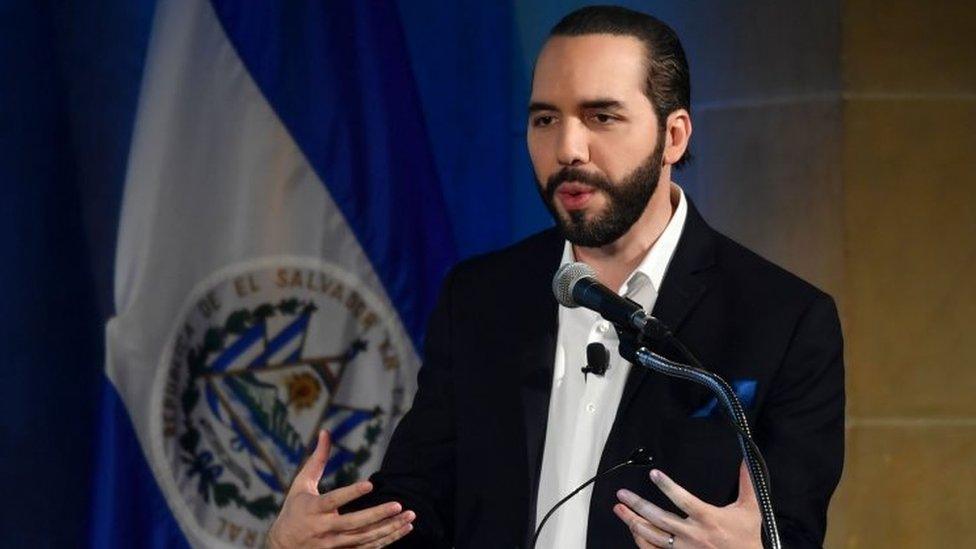
- Published21 August 2019
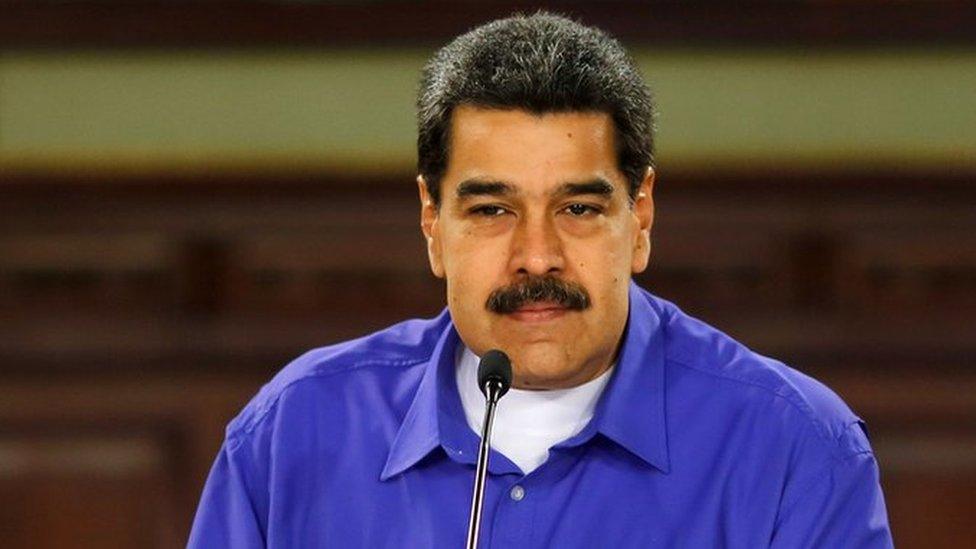
- Published9 August 2019
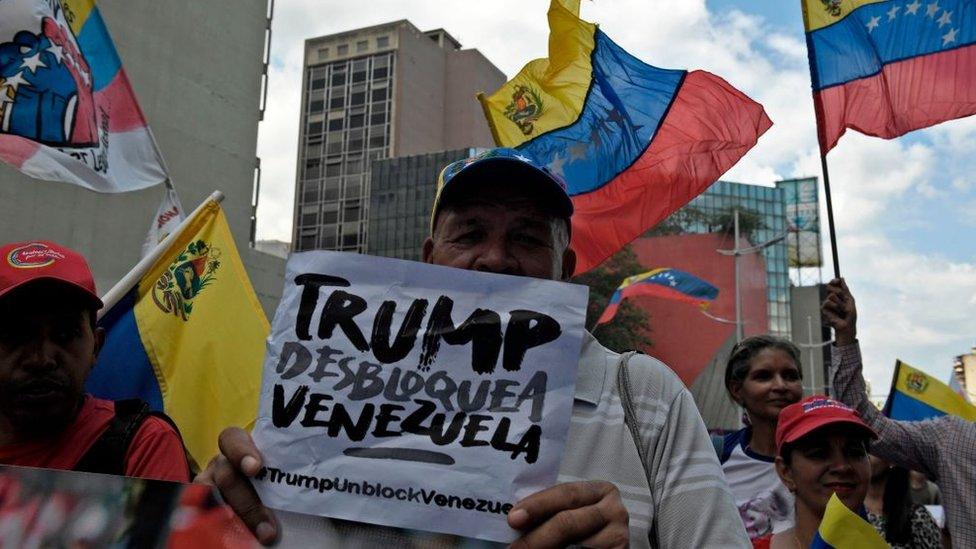
- Published2 November 2018
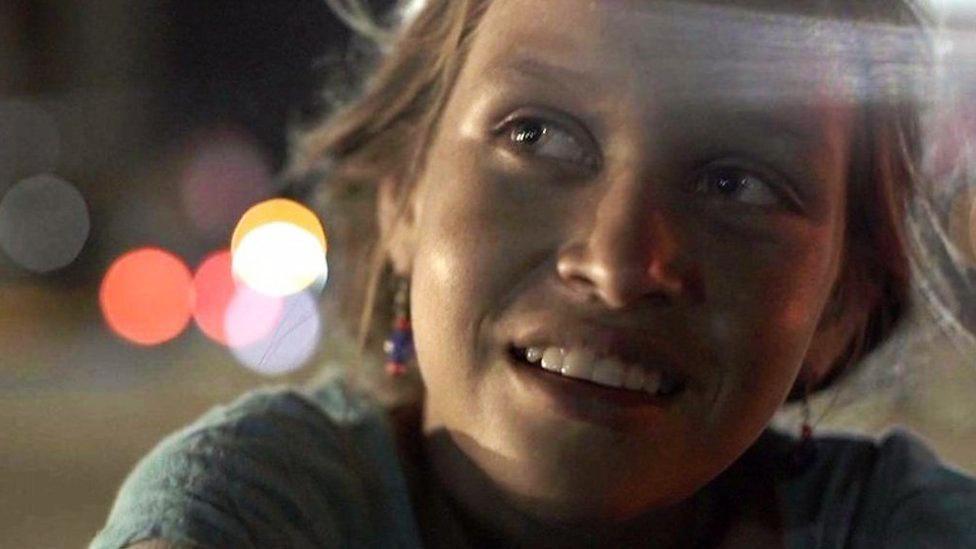
- Published6 August 2019
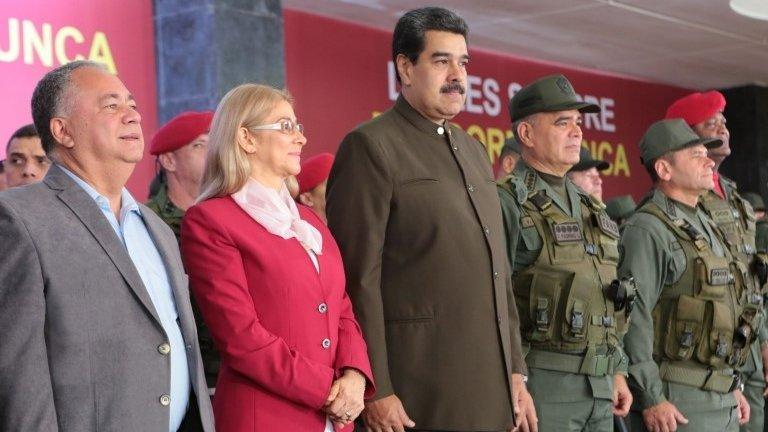
- Published14 May 2019
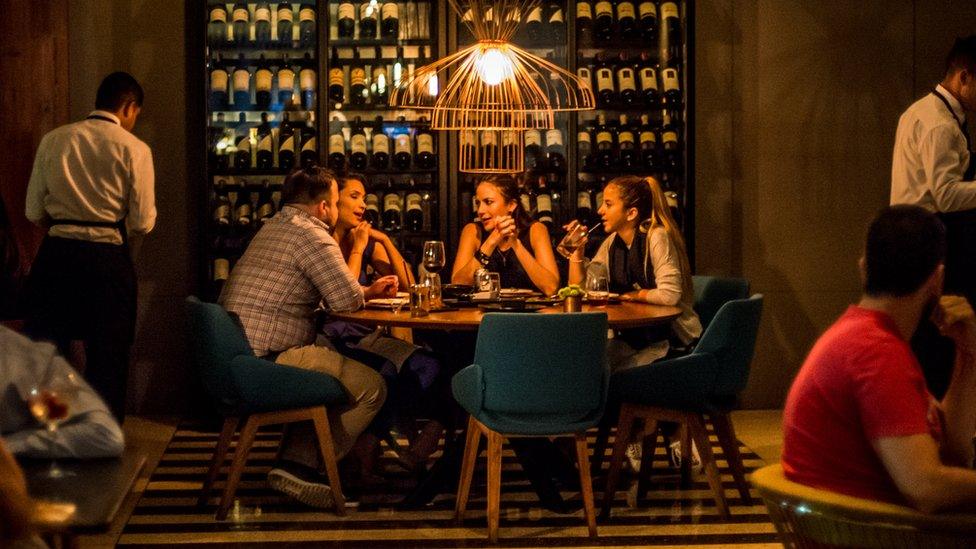
- Published26 July 2019
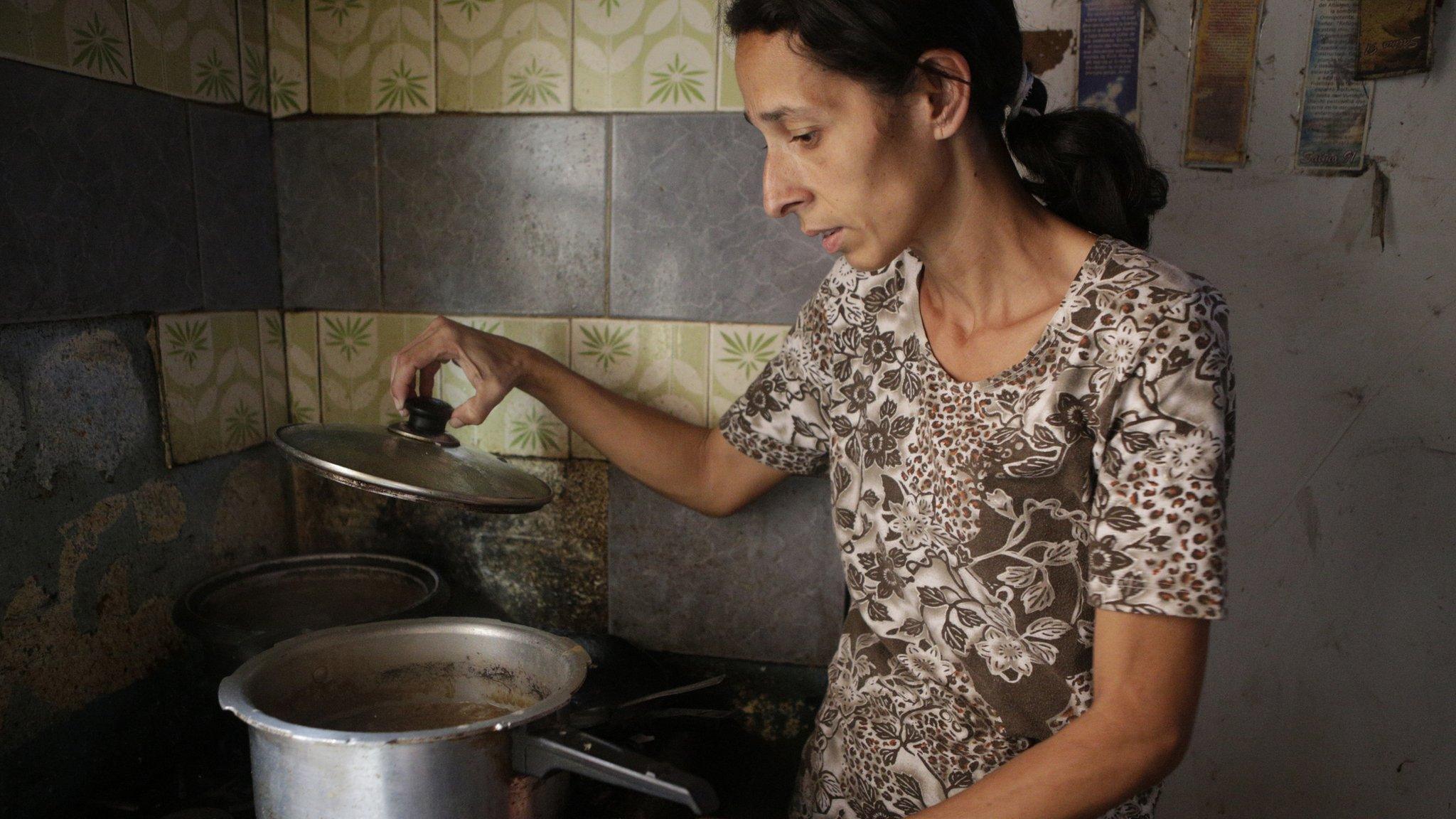
- Published22 July 2019
